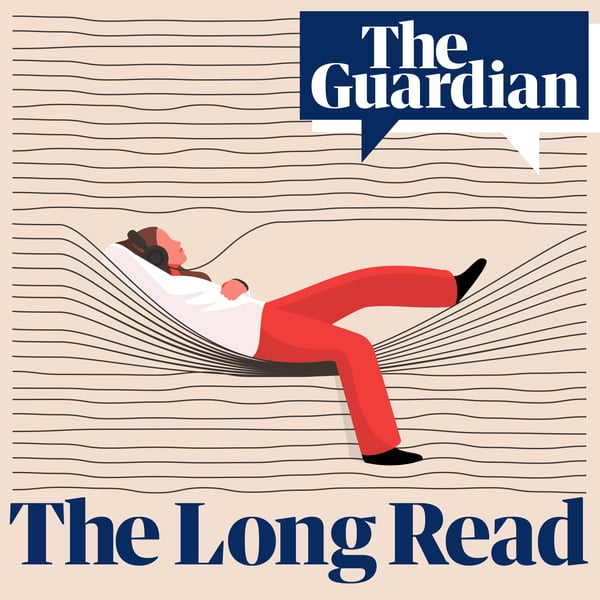‘We are just getting started’: the plastic-eating bacteria that could change the world
The Audio Long Read
The Guardian
4.3 • 2.4K Ratings
🗓️ 3 November 2023
⏱️ 35 minutes
🧾️ Download transcript
Summary
Transcript
Click on a timestamp to play from that location
| 0:00.0 | This is the Guardian. |
| 0:10.0 | Welcome to the Guardian long read, showcasing the best long-form journalism covering culture, politics and new thinking. |
| 0:16.5 | For the text version of this and all our Long reads, go to the Guardian.com forward slash Long Reed. We are just getting started. The plastic eating bacteria that could change the world by Stephen Bureringi. In 2001, a group of Japanese scientists made a startling discovery at a rubbish dump. In trenches packed with |
| 0:44.8 | dirt and waste they found a slimy film of bacteria that had been happily chewing |
| 0:50.8 | through plastic bottles, toys and other bric-a-brac. As they broke down the trash, |
| 0:56.0 | the bacteria harvested the carbon in the plastic for energy, which they used to grow, move, |
| 1:00.4 | and divide into even more plastic-hungry bacteria. |
| 1:04.0 | Even if not in quite the hand-to-mouth to stomach way we normally understand it, |
| 1:09.0 | the bacteria were eating the plastic. |
| 1:18.0 | The scientists were led by Kojai Oda, a professor at the Kyoto Institute of Technology. His team was looking for substances that could soften synthetic fabrics such as polyester, |
| 1:22.0 | which is made from the same kind of plastic used in most beverage bottles. |
| 1:26.0 | Oda is a microbiologist, and he believes that whatever scientific problem one faces, |
| 1:31.0 | microbes have probably already worked out a solution. |
| 1:34.0 | I say to people, watch this part of nature very carefully. |
| 1:38.0 | It often has very good ideas, Oda told me recently. |
| 1:42.0 | What Oda and his colleagues found in that rubbish dump had never been seen before. |
| 1:47.0 | They had hoped to discover some microorganism that had evolved a simple way to attack the surface of plastic. But these bacteria were doing much more than that. |
| 1:56.0 | They appeared to be breaking down plastic fully and processing it into basic nutrients. |
| 2:02.0 | From our vantage point, hyper-tense, processing it into basic nutrients. |
| 2:03.0 | From our vantage point, hyper aware of the scale of plastic pollution, |
| 2:07.0 | the potential of this discovery seems obvious. |
| 2:09.0 | But back in 2001, still three years before the term microplastic even came into use, it was not considered |
... |
Please login to see the full transcript.
Disclaimer: The podcast and artwork embedded on this page are from The Guardian, and are the property of its owner and not affiliated with or endorsed by Tapesearch.
Generated transcripts are the property of The Guardian and are distributed freely under the Fair Use doctrine. Transcripts generated by Tapesearch are not guaranteed to be accurate.
Copyright © Tapesearch 2025.

